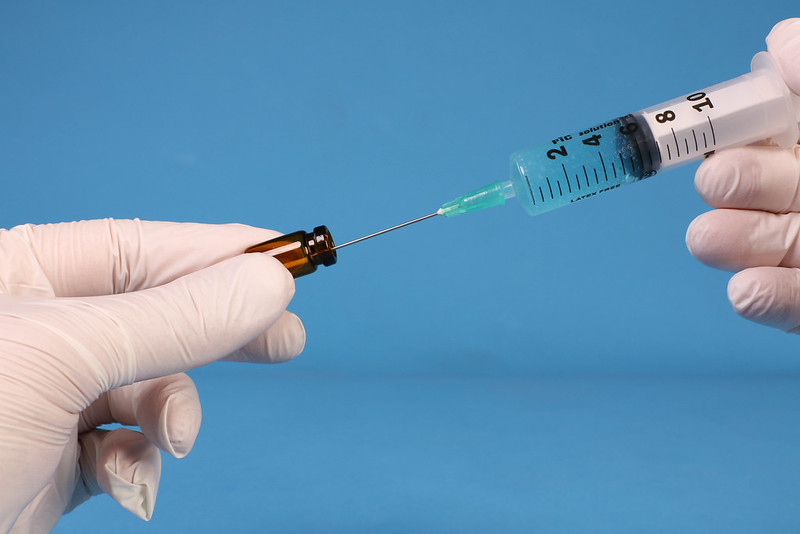The FDA has approved the first injectable medication to protect against HIV transmission. Apretude is injected every other month, setting it apart from existing medications Truvada and Descovy, which are taken orally once a day. It also costs $3,700 per dose.
Clinical trials found Apretude significantly more effective than Truvada at lowering risk of transmission among cisgender men and transgender women who have sex with men (69 percent), and especially among cisgender women (90 percent).
Daily oral pre-exposure prophylaxis (PrEP) medications must be taken fairly consistently in order to be effective—similar to daily oral birth control, or medication for curing hepatitis C. A long-lasting injectable could be groundbreaking for some people who have difficulty adhering to a daily medication schedule for any number of reasons, including chaotic drug use or being unhoused.
“It’s not for everyone,” Carl Schmid, executive director at the HIV+Hepatitis Policy Institute, told Filter. “The way we look at it is, it’s another tool in our toolbox to prevent HIV. Some people may prefer to take a drug every single day.”
For other people, the need to successfully connect with a doctor in-person every other month may be too high-threshold. “You have to go to a provider and get the shot,” Schmid said. “Maybe in the future you can go to a mobile clinic or a pharmacy to get it done. But you have to have the privacy because it’s in your butt.”
PrEP medications block an enzyme that allows the HIV virus to replicate inside the human body. Truvada was approved in 2012, and Descovy approved specifically for people without vaginal tissue in 2019. Used daily as recommended, they can give around 99 percent protection against HIV transmission from sex, and somewhere around 80 percent protection from transmission via injection drug use.
Apretude is not covered by the Biden administration’s new requirements.
In the US, some of the people at the highest risk of contracting HIV include trans people and men who have sex with men, particularly if they are Black or Brown and/or engage in chemsex. People who engage in street-based sex work are a priority group recommended for PrEP access as well.
The number of people receiving PrEP increased from 2015 to 2020. However, only about one-quarter of all people who were recommended PrEP in 2020 were actually prescribed it. As HIV clusters increasingly emerge during the pandemic, sustainable and accessible PrEP options have never ben more crucial.
A federal program called “Ready, Set, PrEP” covers medication costs for uninsured patients, but does not cover clinic visits and tests. In July, the Biden administration issued an order requiring almost all insurers to cover the cost of PrEP treatment—including clinic visits and lab tests.
Many private insurers are still not complying those requirements. Organizations like the HIV+Hepatitis Policy Institute recommend that federal and state governments monitor and penalize insurers that don’t comply.
But Apretude is not covered by the Biden administration’s new requirements. According to Schmid, it could take up to two years before the federal government requires insurers to pay for it.
Photograph by Marco Verch via Flickr/Creative Commons 2.0




